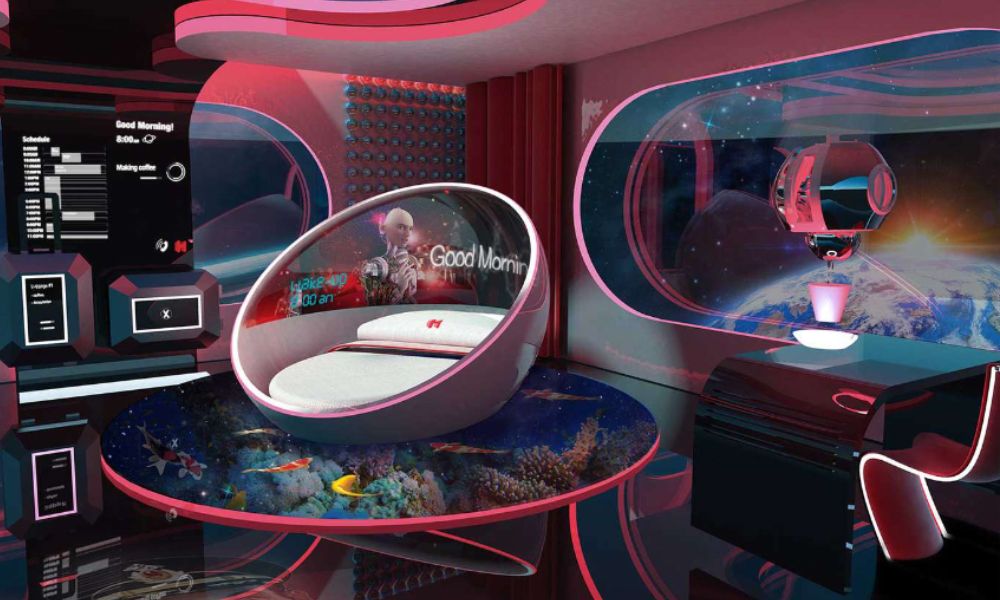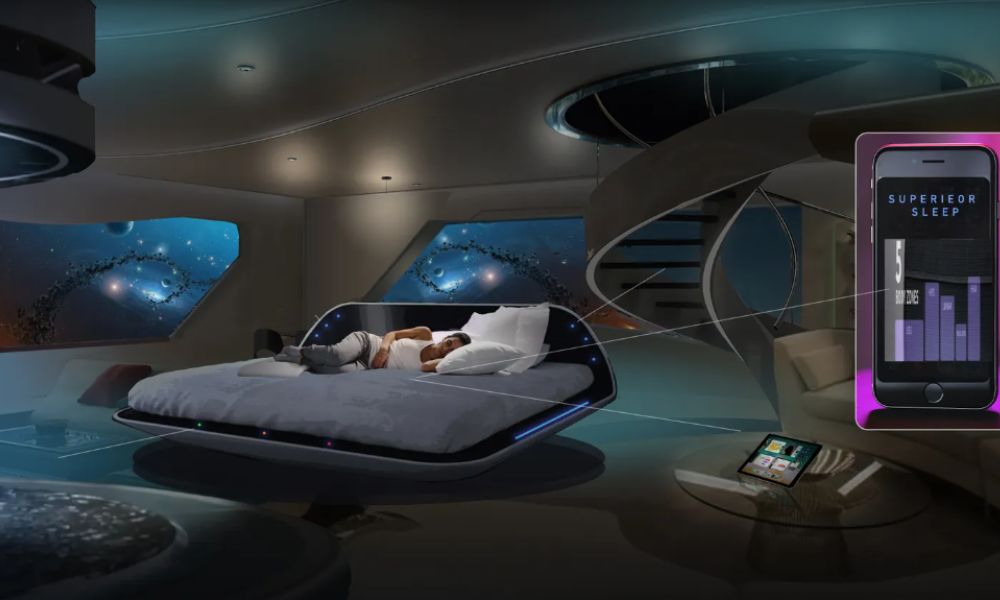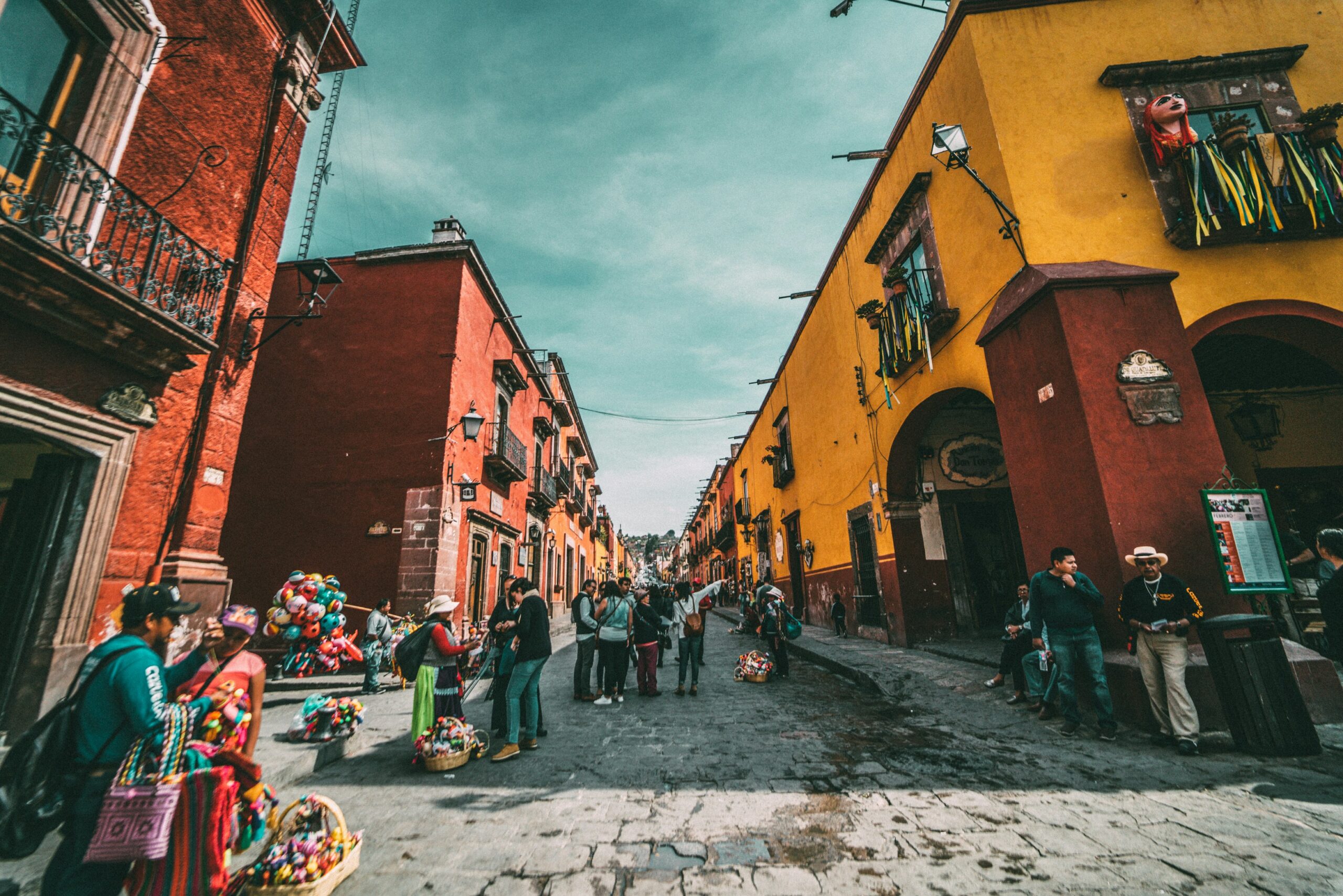In today’s fast-paced world, the hospitality industry is constantly evolving to meet the changing needs and expectations of travelers. As technology advances and consumer preferences shift, hotels are adapting and innovating to create a more seamless and personalized guest experience. In this blog, we will explore some of the exciting developments in the hospitality industry and what we can expect from the hotels of the future.
I. Smart Rooms and Keyless Entry
One of the most significant changes we can expect to see in the future of hotels is the widespread adoption of smart room technology. Already, many hotels are incorporating smart features into their rooms, allowing guests to control everything from lighting and temperature to entertainment systems using their smartphones or voice commands. Keyless entry systems are also becoming more common, eliminating the need for traditional room keys and making the check-in process faster and more convenient.
II. Personalized Experiences
Personalization is a key trend in the hospitality industry. Hotels are increasingly using data and technology to tailor their services to individual guest preferences. From customized room settings to personalized recommendations for dining and activities, hotels of the future will strive to make every guest feel like a VIP.
III. Sustainability and Eco-Friendly Practices
As awareness of environmental issues continues to grow, hotels are making efforts to become more sustainable and eco-friendly. This includes using renewable energy sources, reducing water consumption, and minimizing waste. Guests can expect to see more eco-friendly amenities and practices in hotels, such as energy-efficient lighting, recycling programs, and even in-room water filtration systems.
IV. Virtual Reality and Augmented Reality
Virtual reality (VR) and augmented reality (AR) are poised to revolutionize the way guests experience hotels. Imagine being able to take a virtual tour of your hotel room before booking or using AR to get information about nearby attractions and restaurants simply by pointing your smartphone at them. These technologies will enhance the guest experience and make travel planning more immersive.
V. Contactless Services
The COVID-19 pandemic accelerated the adoption of contactless services in the hospitality industry. Even as the pandemic subsides, many of these contactless features are likely to remain. Mobile check-in and check-out, contactless payments, and room service delivered via robots are just a few examples of contactless services that will continue to shape the future of hotels.

VI. Health and Wellness Amenities
Guests are increasingly prioritizing their health and wellness when choosing accommodations. Hotels are responding by offering a wide range of amenities, including fitness centers, yoga studios, and spa services. Some hotels are even incorporating wellness-focused design elements into their rooms, such as circadian lighting and air purification systems.
VII. Artificial Intelligence and Chatbots
Artificial intelligence (AI) is playing a growing role in the hospitality industry. Chatbots and virtual concierges powered by AI can provide guests with instant assistance and information, from making dinner reservations to answering questions about hotel amenities. These AI-driven services are available 24/7, ensuring that guests always have access to the information and assistance they need.
VIII. Flexible and Remote Work-Friendly Spaces
The rise of remote work has led to an increased demand for flexible workspaces within hotels. Many hotels are now offering co-working spaces and private meeting rooms to cater to business travelers and digital nomads. This trend is likely to continue as more people choose to work remotely and seek accommodations that support their work needs.
IX. Culinary Experiences
Food has always been an essential part of the travel experience, and hotels are taking culinary offerings to new heights. Expect to see more hotels partnering with renowned chefs and offering diverse dining options, including farm-to-table restaurants, food halls, and interactive cooking classes for guests.
X. Cultural and Local Experiences
Hotels are also embracing their surroundings and offering guests opportunities to immerse themselves in the local culture. This includes organizing cultural events, providing recommendations for local attractions, and showcasing local art and design in their decor.
In conclusion, the hospitality industry is undergoing a remarkable transformation as it adapts to the changing needs and preferences of travelers. Hotels of the future will be characterized by smart technology, personalized experiences, sustainability, and a strong focus on health and wellness. As travelers, we can look forward to more seamless and memorable stays in these innovative and forward-thinking establishments. The future of hospitality is indeed an exciting one, promising unforgettable experiences for all who venture through its doors.






